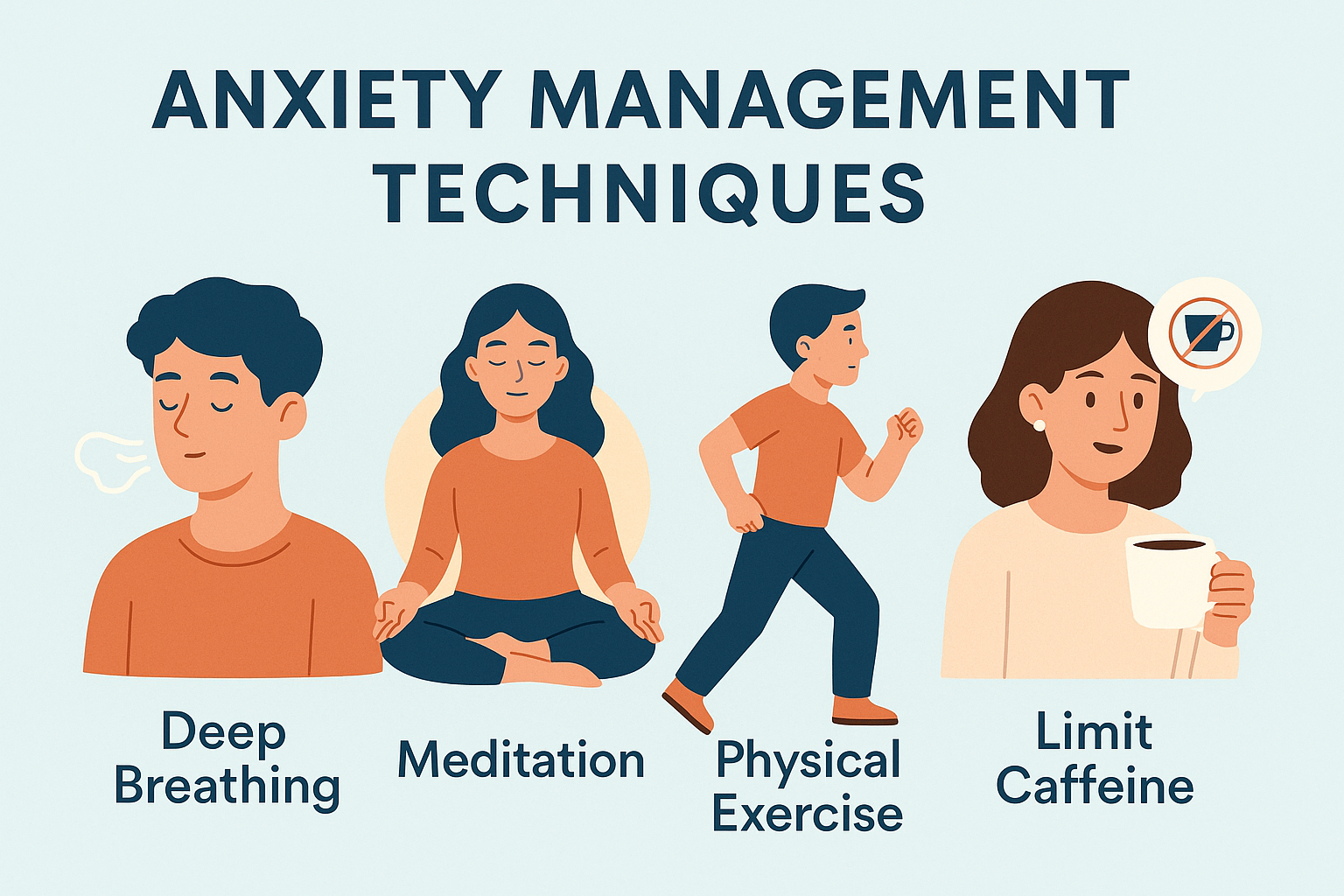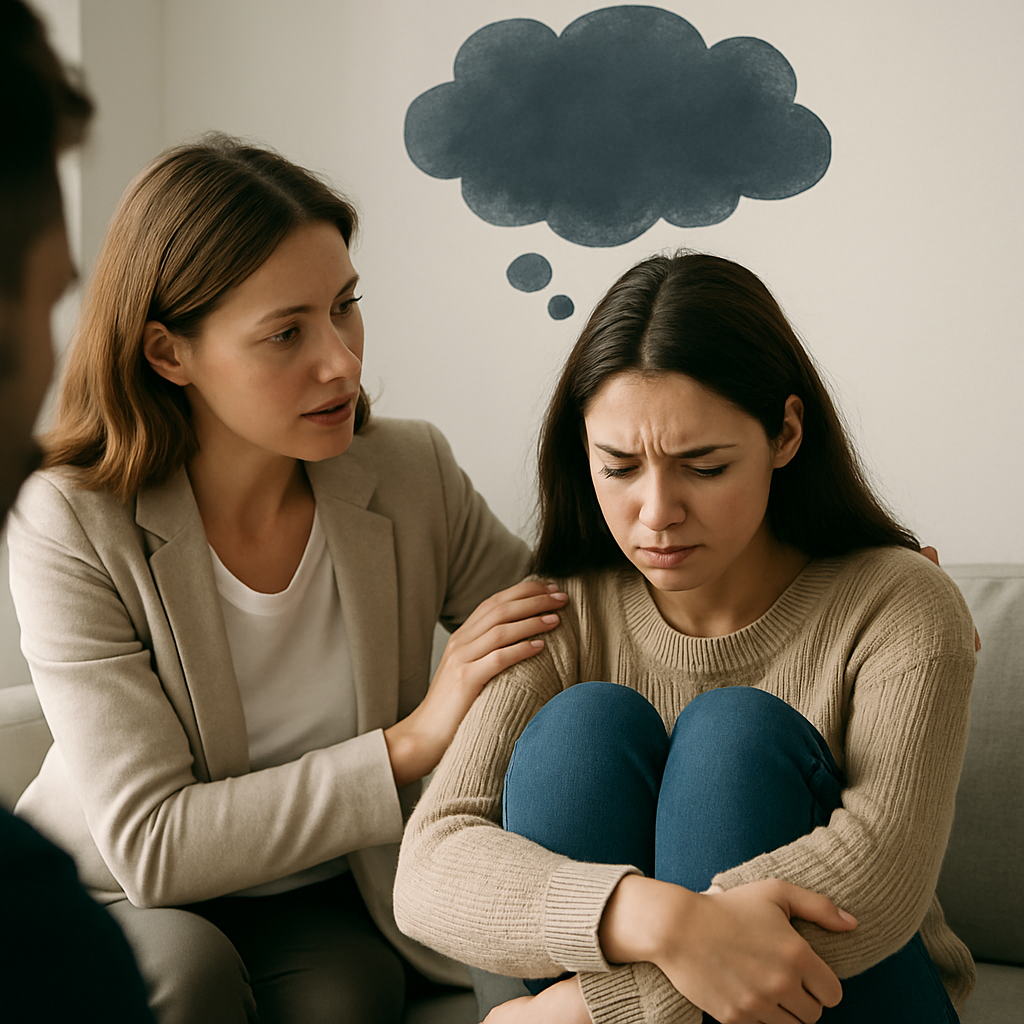
Could My Child Have ADHD?
July 23, 2020
Common and Early Symptoms of Childhood ADHD
ADHD stands for attention deficit hyperactivity disorder. This is a neurodevelopmental disorder that
affects many areas of a child’s life, such as their ability to learn and school and making/maintaining
relationships. Below, we have listed some of the most common or early signs of ADHD in children, which
typically appear during childhood or teenage years (7 is the average age). If your child has been
experiencing a combination of these symptoms on a regular basis, it may be time to visit an ADHD
specialist at our behavioral health facility.
Self-Focused Behavior
This type of behavior can manifest itself in many ways. You may have noticed your child interrupting others or being unable to wait for their turn. In general, we categorize this behavior as the inability to recognize and acknowledge other people’s personal needs/wants
.
Emotional Distress
Many times, children with ADHD struggle to keep their emotions grounded. This may result in emotional outbursts or temper tantrums.
Fidgeting/Lack of Focus
Children with ADHD often have a hard time keeping still. They may get up and down or wiggle around. This can also translate to a lack of focus, where they are unable to maintain attention. Both of these issues can lead to difficulty in school, resulting in unfinished homework or school tasks.
Problems Organizing
Similar to a lack of focus, those with ADHD have trouble keeping track of assignments and directions. Sometimes steps will be completed out of order, or some things may be missed entirely.
Symptoms Occur in More Than One Setting
Here, we mean that if you notice that your child exhibits some of these behaviors, you may see them in the home, out in public, in school, etc. Children with ADHD carry these behaviors with them, so then generally don’t just occur solely at the home or in school.
Contact Us for ADHD Behavior Therapy
Beckloff Behavioral Health Center offers
ADHD assessments
and
ADHD treatments
to kids and teens of all ages. Our behavioral health clinic can assist with child counseling services, behavioral therapy, and more If you live in or around the Dallas, TX area.
Call our office
today.



